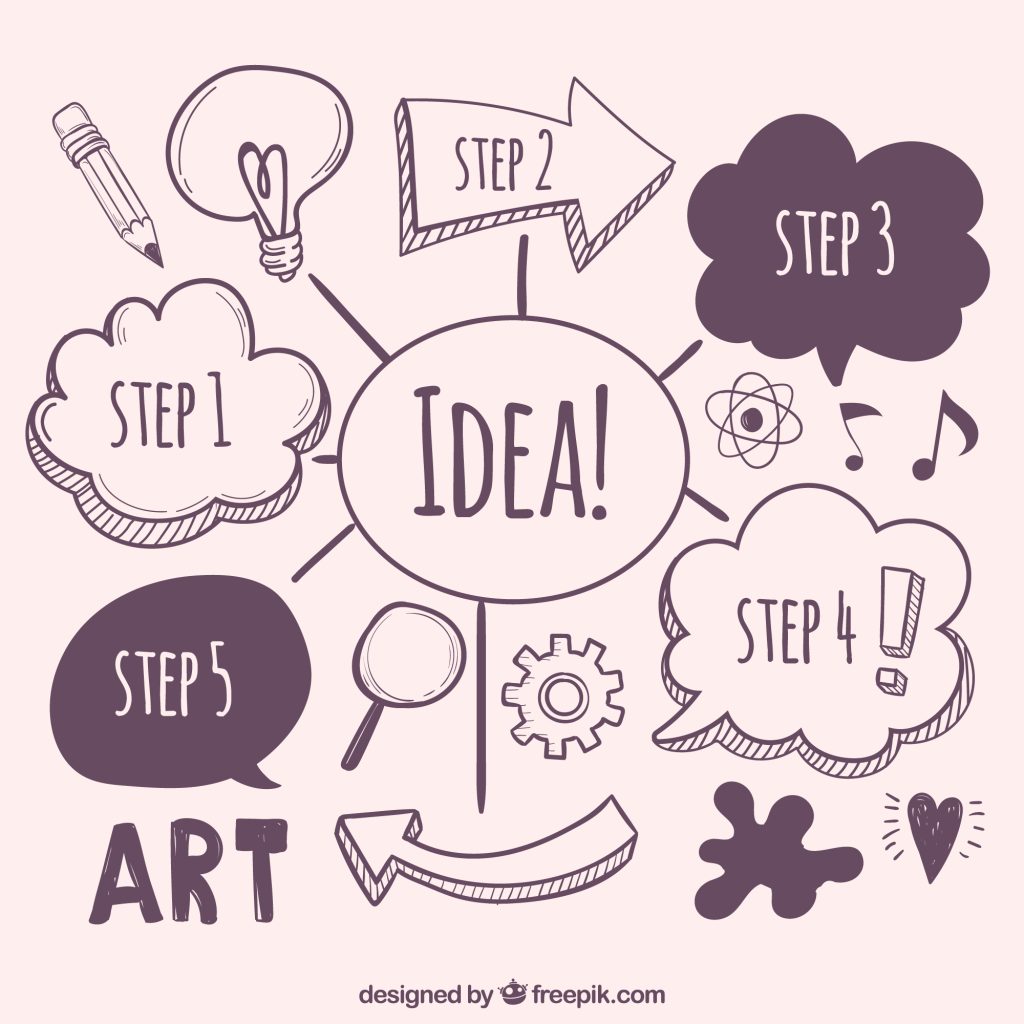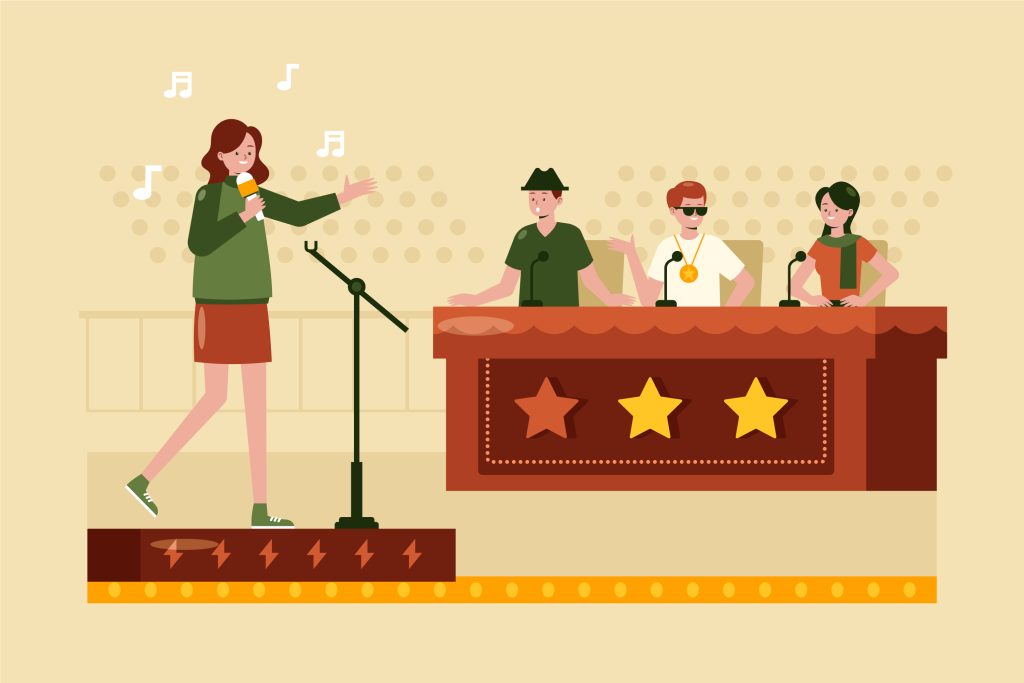Public speaking can be a daunting task. Whether you’re addressing a room full of executives, delivering a keynote address, or speaking at a wedding, the pressure to engage and captivate your audience can feel overwhelming. While content is critical, one often overlooked tool in the speaker’s toolkit is humor. It’s not just about telling jokes or being “funny” for the sake of it; humor can play a pivotal role in making your speech memorable, engaging, and effective.
In this blog post, we’ll explore why humor is so important in public speaking and how it can enhance your message, build rapport with your audience, and leave a lasting impression.
1. Humor Breaks the Ice and Eases Tension
One of the most immediate benefits of humor in a speech is its ability to break the ice and ease tension. Public speaking is often associated with nervousness, both for the speaker and the audience. The moment you step onto the stage, there’s a certain level of anticipation in the room, and if the mood is too formal or stiff, it can create discomfort.
By introducing humor early on in your speech, you can quickly lower the stakes and make the audience feel at ease. A well-timed joke or lighthearted comment can make you seem more approachable and relatable, creating an environment where people are more open to listening.
For instance, if you’re giving a presentation to a group of professionals, a humorous remark about the challenges of working with technology or a lighthearted comment about the weather can create a sense of camaraderie. It signals to the audience that they are not just there to be lectured at, but to engage in a shared experience.
Lesson: Humor can help dissolve the nervousness and formality, setting the stage for a more comfortable and engaging environment.
2. Humor Engages and Holds Attention
In a world filled with distractions—phones buzzing, emails pinging, and daydreaming—it’s more challenging than ever to hold the audience’s attention. People’s attention spans are shorter, and they’re constantly bombarded with information. This is where humor comes into play.
A well-placed humorous remark or anecdote can grab your audience’s attention and keep them focused on your message. Humor engages people in a way that facts and statistics often cannot. When we laugh, we release endorphins, which make us feel good and more receptive to new information. Humor captures attention in a non-threatening way and can be a tool for reinforcing key points in your speech.
Think of some of the world’s most famous speakers, like TED Talk presenters, who often use humor to keep the audience engaged. A lighthearted comment, followed by a deeper insight, helps maintain the audience’s focus without feeling overwhelming. Humor acts as a bridge between the speaker’s content and the audience’s attention, allowing for a smoother flow and better retention of the message.
Lesson: Humor is an effective tool for keeping your audience engaged, ensuring that they stay focused and receptive to your ideas.
3. Humor Helps Build Rapport with the Audience
The relationship between a speaker and their audience is key to a successful presentation. When you’re speaking to a group, you’re not just delivering information—you’re creating a connection. Humor helps build that connection by making you seem more human, more relatable, and more approachable.
When you make people laugh, you invite them to see a different side of you. You’re not just a formal speaker; you’re someone who can laugh at the same things they do, who understands the human experience. Humor can be a great equalizer, dissolving the barriers between you and your audience, no matter their background or expertise.
This is particularly valuable when speaking in a professional or formal setting. By using humor, you break away from the often rigid formality of business presentations and show your audience that you’re approachable, confident, and comfortable in your own skin. This can foster trust and help establish rapport more quickly.
Take, for example, comedian-turned-motivational speaker, Chris D’Elia, who has a knack for blending humor with valuable insights. Even though he speaks about serious topics, his humor makes his message more approachable and less intimidating. It turns a lecture into a conversation, allowing for a deeper connection with his audience.
Lesson: Humor is a powerful tool for building rapport and making your audience feel more comfortable, creating an environment where people are more open to your ideas.
4. Humor Enhances Memory and Retention
One of the key challenges in public speaking is ensuring that your audience remembers your message. People tend to forget facts and figures, but they remember stories and experiences. Humor has a unique ability to make your message more memorable.
Consider how people often recall humorous moments from speeches long after the event is over. That funny story you told, or the clever joke that made everyone laugh, sticks in their minds. Humor doesn’t just entertain—it helps reinforce your key points. By embedding humor into your content, you make your speech more engaging and ensure that it stays with your audience.
Think of how Mark Twain was able to incorporate humor into his speeches, making even serious topics entertaining and memorable. His ability to turn a simple story or observation into a punchline made his speeches captivating and ensured that his messages were remembered for years.
Lesson: Humor enhances memory retention by making your speech more memorable. It acts as an emotional anchor, helping your audience remember your key messages long after the speech ends.
5. Humor Can Make Complex Ideas More Accessible
Many public speakers, especially in technical or academic fields, face the challenge of explaining complex concepts in a way that is easy for the average person to understand. Humor can be a bridge between complexity and clarity. By using humor to simplify difficult ideas, you can make your message more accessible to a wider audience.
Take the example of Ken Robinson, an education expert and author who frequently uses humor in his talks. Robinson’s TED Talk, Do Schools Kill Creativity?, is filled with humor, but it also addresses a serious issue about the education system. His use of humor doesn’t dilute the importance of the topic; instead, it makes the content more approachable and engaging.
By using humor to break down complex topics, speakers can help their audience better understand the subject matter while making the experience more enjoyable.
Lesson: Humor is a great tool for making complex ideas easier to understand, making it accessible to a wider and more diverse audience.
6. Humor Leaves a Lasting Impression
Lastly, humor can be the key to leaving a lasting impression. Think back to the speeches or presentations you’ve attended. Chances are, the ones that stand out most in your memory are the ones that made you laugh or surprised you with humor. While the content may have been important, it’s the emotional experience of laughter that sticks with you.
Humor adds an extra layer to a speech that makes it unforgettable. Whether you’re trying to inspire, persuade, or inform, a touch of humor can help ensure that your audience walks away not only having learned something but also having enjoyed the experience. The emotional connection forged through laughter creates a positive association with your message, making it more likely that your audience will remember what you said—and perhaps even act on it.
Lesson: Humor adds an emotional layer to your speech, ensuring that your message leaves a lasting impression on your audience.
The Power of Humor in Public Speaking
Humor is not just a luxury or an afterthought in public speaking—it’s a powerful tool that can transform a speech. It breaks the ice, keeps your audience engaged, builds rapport, makes complex ideas more accessible, enhances memory retention, and leaves a lasting impression.
When used effectively, humor makes you a more approachable and relatable speaker. It helps create an emotional connection with your audience, allowing your message to resonate on a deeper level. So, the next time you’re preparing a speech, don’t just focus on delivering information—consider how humor can help you deliver it in a way that is engaging, memorable, and impactful.
After all, a good laugh can be the bridge between your message and your audience’s hearts and minds.










